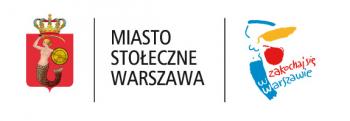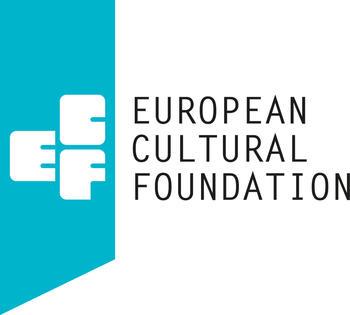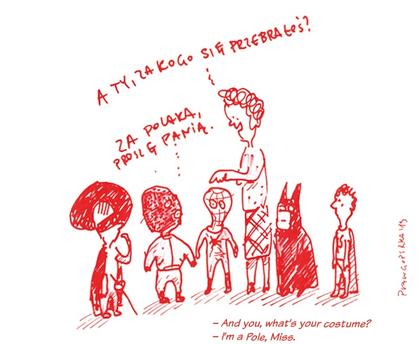Seminar with Maciej Gdula, PhD, in the cycle "Poland for Beginners" on Polish economical and social transformation.
January, 15, Thursday, 6.30 PM, Krytyka Polityczna, 16 Foksal Street, Warsaw
Very often Polish history is defined in reference to 1989. The first free (at least partly) elections are seen as the beginning of an ongoing process of changes bringing Poland gradually to the West and normality. The lecture will cover an alternative history of the transformation, starting from the 70s in XX century and presenting different turning points that are missing in the mainstream and official narrative. Reaching beyond 1989 is necessary today for a better understanding of the processes of social change.
Maciej Gdula is a publicist and a staff editor for Krytyka Polityczna (Political Critique). He holds an PhD in Sociology.
Not from Poland? Interested in society, politics or culture but having a hard time following discussions in Polish?
Krytyka Polityczna invites you to lectures in English that cover issues present in Polish and international debates.
Come, listen, discuss!
—
UPCOMING EVENT:
February (day to be confirmed)
Seminar with Paweł Pieniążek
Strange war. Russian-Ukrainian Conflict in the Donets Basin
Several thousand victims, ruined houses and an upcoming humanitarian catastrophe – these are just some of the results of the war in the Donets Basin in Ukraine. The fights however still go on, so the problems will increase. How has it all come about? Who fights in the Donets Basin? Does Europe have something to fear?
Krytyka Polityczna (Political Critique) is is the largest Eastern European liberal network of institutions and activists. It was established in 2002 with an Open Letter to the European Public, demanding more open European policy from the Polish elites, later registered as the Stanisław Brzozowski Association, now Krytyka Polityczna consists of the online daily “Dziennik Opinii”, a quarterly magazine, publishing house, cultural centres in Warsaw, Łódź, Gdańsk and Cieszyn, activist clubs in a dozen cities in Poland (and also in Kiev and Berlin), as well as a research centre: the Institute for Advanced Study in Warsaw. It employs over sixty people and works with a few hundred volunteers. Krytyka Polityczna organises around 1,500 events and actions yearly.
Read more: www.politicalcritique.org, www.krytykapolityczna.pl
–
Supported by the City Council of Warsaw and European Cultural Foundation. Wsparcie urząd miasta stołecznego Warszawy i European Cultural Foundation.




